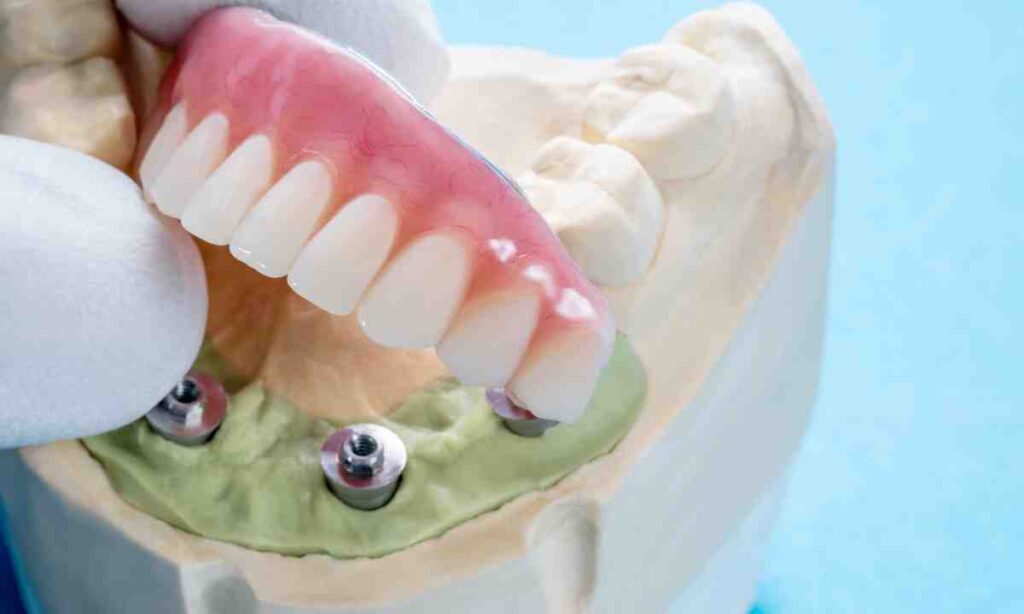
Heading 1: Demystifying Dental Implant Failure Rates
When considering dental implants as a solution for missing teeth, it’s natural to wonder about their success rates and potential for failure. Understanding the factors that contribute to implant failure is crucial for making informed decisions about your oral health.
Factors Influencing Dental Implant Failure
Various factors can influence the success or failure of dental implants. These include:
- Bone Density and Quality: Adequate bone density and quality are essential for successful implant integration. Insufficient bone may lead to implant instability and eventual failure.
- Smoking: Smoking can significantly increase the risk of implant failure by impairing the body’s ability to heal and integrate the implant with the surrounding bone tissue.
- Gum Disease: Periodontal disease can compromise the stability of dental implants by causing inflammation and bone loss around the implant site.
- Implant Placement: The skill and experience of the dentist performing the implant procedure play a crucial role in its success. Improper implant placement can lead to complications and eventual failure.
- Systemic Health Conditions: Certain systemic health conditions such as diabetes or autoimmune disorders can affect the body’s ability to heal properly, increasing the risk of implant failure.
Understanding Implant Failure Rates: Dental Implant Store Online Advice: Understanding the Failure Rate for Dental Implants
Despite advancements in dental implant technology and techniques, implant failure can still occur. However, the overall failure rate for dental implants is relatively low, ranging from 2% to 5% over a ten-year period.
It’s essential to note that implant failure can occur for various reasons, and not all failures are due to the implant itself. Factors such as poor oral hygiene, untreated gum disease, or lifestyle habits like smoking can significantly impact the long-term success of dental implants.
Regular dental check-ups and proper oral care are essential for detecting and addressing any issues early on, minimizing the risk of implant failure. Additionally, following post-operative instructions provided by your dentist and maintaining good oral hygiene practices can help ensure the success of your dental implants.
In conclusion, while the failure rate for dental implants is relatively low, it’s essential to understand the factors that can contribute to implant failure and take proactive steps to minimize risks. By partnering with a qualified dentist and prioritizing good oral hygiene, you can enjoy the benefits of dental implants for years to come.
Online Dental Implant Store Partnering
The benefits of marketing and networking with us at Dental Implant Store can be rewarding for various educational websites. We do network with Teledental.com , Dentalchat.com , MapDentist.com and MapDr.com – we welcome educational and Dental Imlant websites to partner with us. We at Dental Implant Store are also networking with online Dentist bloggers.
In summary, Dental Implant Store Online Advice: What is the failure rate for dental implants? Understanding the various factors influencing implant success and failure rates can help individuals make informed decisions about their oral health and take proactive steps to minimize risks. Despite the relatively low failure rate of dental implants, it’s crucial to prioritize proper oral care and follow post-operative instructions to ensure long-term success.